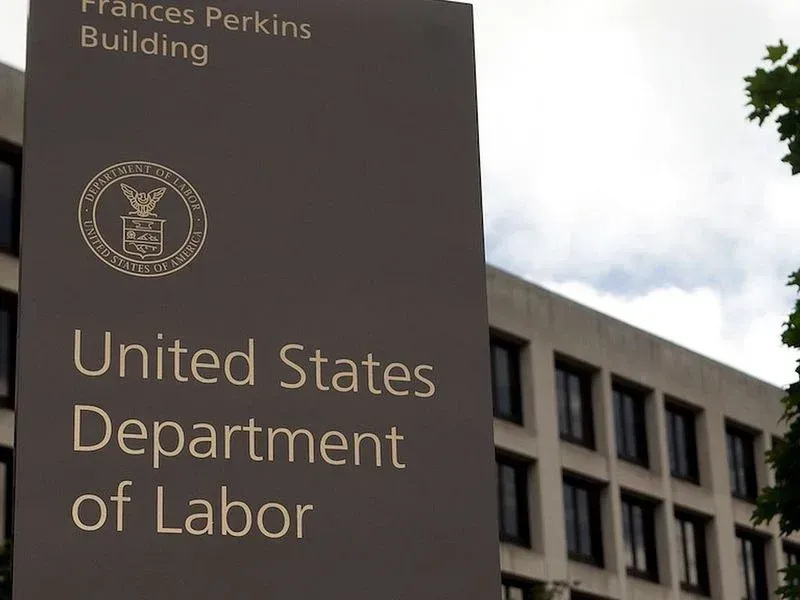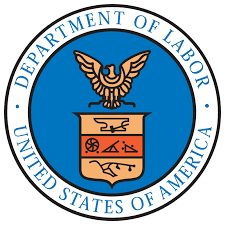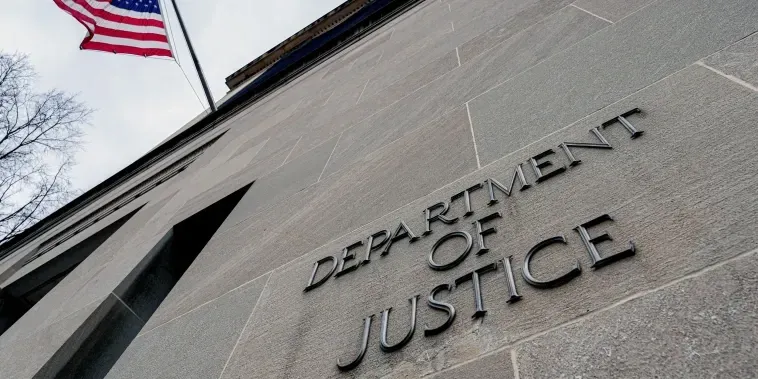On “Equal Pay Day,” Growing Challenges – and Proactive Steps – For Employers to Consider
For 2018, April 10 th is “Equal Pay Day.” That is the day the typical woman must work into 2018 to get paid what the typical man was paid by the end of 2017. The pay controversy turns on whether there are legitimate reasons for the differences, e.g. , one employee produces more widgets than another, or whether the differences are due to unlawful discrimination. As on past years’ Equal Pay Days, civil rights groups, women’s groups and others will stage a high-profile campaign to highlight and seek to close the national “pay gap” between men and women workers and the even larger pay gap that exists between men and women of color. Here is just one example of the campaign that shines a bright light – for your employees to see – on Equal Pay Day and the continuing pay gap.
But the focus on pay equity and the national pay gap is no longer limited to one day each year on Equal Pay Day. Pay equality has quickly emerged as one of the most challenging issues employers face today. A growing patchwork of new, often differing, state equal pay laws (14 states passed equal pay laws in the past 18 months and another 18 states have proposed equal pay laws that are right now moving forward in their respective legislatures), increased agency enforcement, a rising tide of pay discrimination litigation, and your employees’ growing awareness of – and expectations for – equal pay all coalesce to make pay equity an issue employers must face proactively, or face the increasing risk of legal exposure and reputational harm.
So what is an employer to do?
One quickly emerging best practice is to conduct a proactive pay analysis – under attorney-client privilege – to identify those pay disparities (all employers have some) that can be explained by legitimate factors and those that can’t. It is the unexplained pay differences you should uncover, investigate and – where appropriate – address through equity adjustments that are thoughtfully designed and well-deployed to close the unexplained gaps while minimizing the chances of “blow back” claims from the employees who receive adjustments and other employees who do not.
FortneyScott’s Pay Equity practice is dedicated to guiding employers through the changing and challenging world of pay equity. Please reach out to us if we can help you think through these increasingly complex matters, to provide strategic and practical legal advice and counsel, and to help you get pay equity “right.”


















